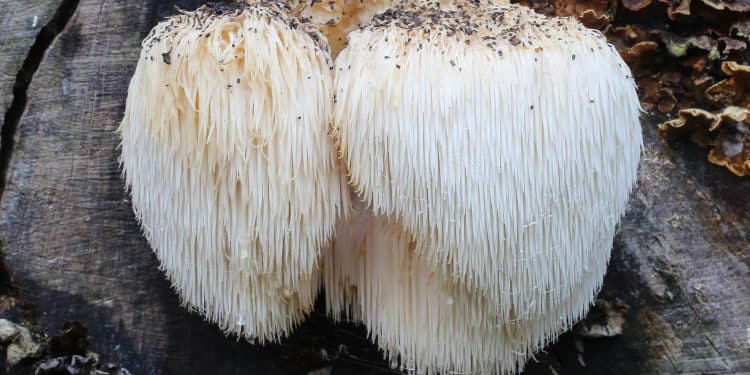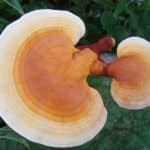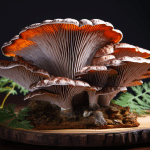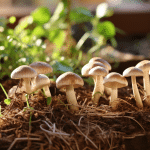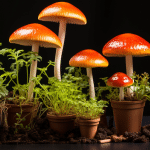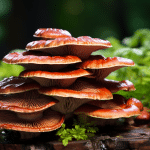We have received many questions regarding the potential psychedelic effects of Lions Mane Mushrooms. Spoiler: There are not any. Hericium erinaceus (Lion’s Mane Mushroom) is not a psychoactive drug.
The only “high” you get is increased sharpness, mental performance, and concentration. Let’s get down to the details.
Is Lion’s Mane Psychedelic?
No, lion’s mane is not psychedelic. It does not make you “trip” or experience any psychoactive effects where your consciousness is altered in any way that you do not have control of. Mushrooms that do produce “highs” contain a compound called psilocybin, which is a naturally occurring psychedelic that changes the way your mind works. Since lion’s mane does not contain psilocybin or any other psychoactive compounds, you are at no risk for getting high, tripping, or hallicinating by taking lion’s mane.
Does Lion’s Mane Make You Hallucinate?
Since lion’s mane is not psychedelic, it does not cause hallucinations. So, you can safely consume these meditative mushrooms in the course of a working day, because it won’t harm your cognitive abilities.
What is Lion’s Mane Mushroom?
Lion’s mane mushroom (Hericium erinaceus) has been used for medicinal purposes for centuries. Nowadays, it is still one of the most popular adaptogenic mushrooms because of the wide availability and a wide range of benefits that it provides. This fungus grows on the remains of dead trees, preferring cooler climes in its native Europe, Northern Asia, and North America.
How does Lion’s Mane Make You Feel?
Lion’s mane is known to decrease symptoms of depression and anxiety, so if you regularly consume this mushroom, expect to experience an improvement in your mood. You are also likely to feel more sharp-headed and focused because of the mental benefits of the lion’s mane mushroom, as well as the benefits it has on cognitive functions.
While many of these compounds are just beginning to be understood by science, a few are known to have profound effects. For instance, the hericenones found inside lion’s mane fruit bodies, and erinacine, found inside the mushroom mycelium, both possess incredible neurotrophic potential.
Can Lion’s Mane Cause any Allergic Reactions?
When it comes to the side effects of lion’s mane, there is little, if any, risk of allergic reactions, though it is not unheard of. If you are allergic – particularly to other mushrooms, molds, or yeasts – take caution the first time you consume lions mane. If you see any signs of allergic reactions, consult with your health care provider right away.
You can find our favorite capsules, powders, and tincture’s on the following pages of our website and learn more about each individually:
List of Best Lion’s Mane Supplements
List of Best Lion’s Mane Powders
List of Best Lion’s Mane Tinctures
List of Best Lion’s Mane Gummies
Additional Resources:
Is Lion’s Mane Mushroom Expensive?
Is Lion’s Mane Safe During Pregnancy?
Updated 10/10/2022
